We were lucky to catch up with Josiah Golojuh recently and have shared our conversation below.
Josiah, thanks for taking the time to share your stories with us today Can you talk to us about a project that’s meant a lot to you?
As a writer every project is meaningful, every project is personal, but The Paper Boy, that is next level. As a kid I delivered the newspaper. Which is funny because the act of even reading a print newspaper is nostalgic itself. I had to explain to my kids what delivering a newspaper meant, but what that meant was going door to door handing people the news. Today all of our news is instant. When this comes out, I’ll know the very second. Now, don’t get me wrong that’s amazing, but something is lost in the slow pace of the old way. I would be invited into those houses. I got to know those customers, all these years later those customers found their way as characters in my novel. It took years and years to figure it out. To learn how to tell that story, but that time spent with those people I knew that I needed to tell their stories. Now that story shifted to a young adult paranormal story, but it is populated with those very real people. When I reached out to friends to see if they wanted to read an advanced copy, one of my former high school classmates started asking questions. She asked if the character of Old Man Mumbles was based on a real person. I said, “Yes he was.” I should also point out that Daniel the main character gives most of the people around him unique nicknames, including his ghost friend, The Corpse Boy. She asked more and more specific questions, finally she sent me a picture of the man that character was based on and revealed he was her grandfather. That’s as personal as it gets.
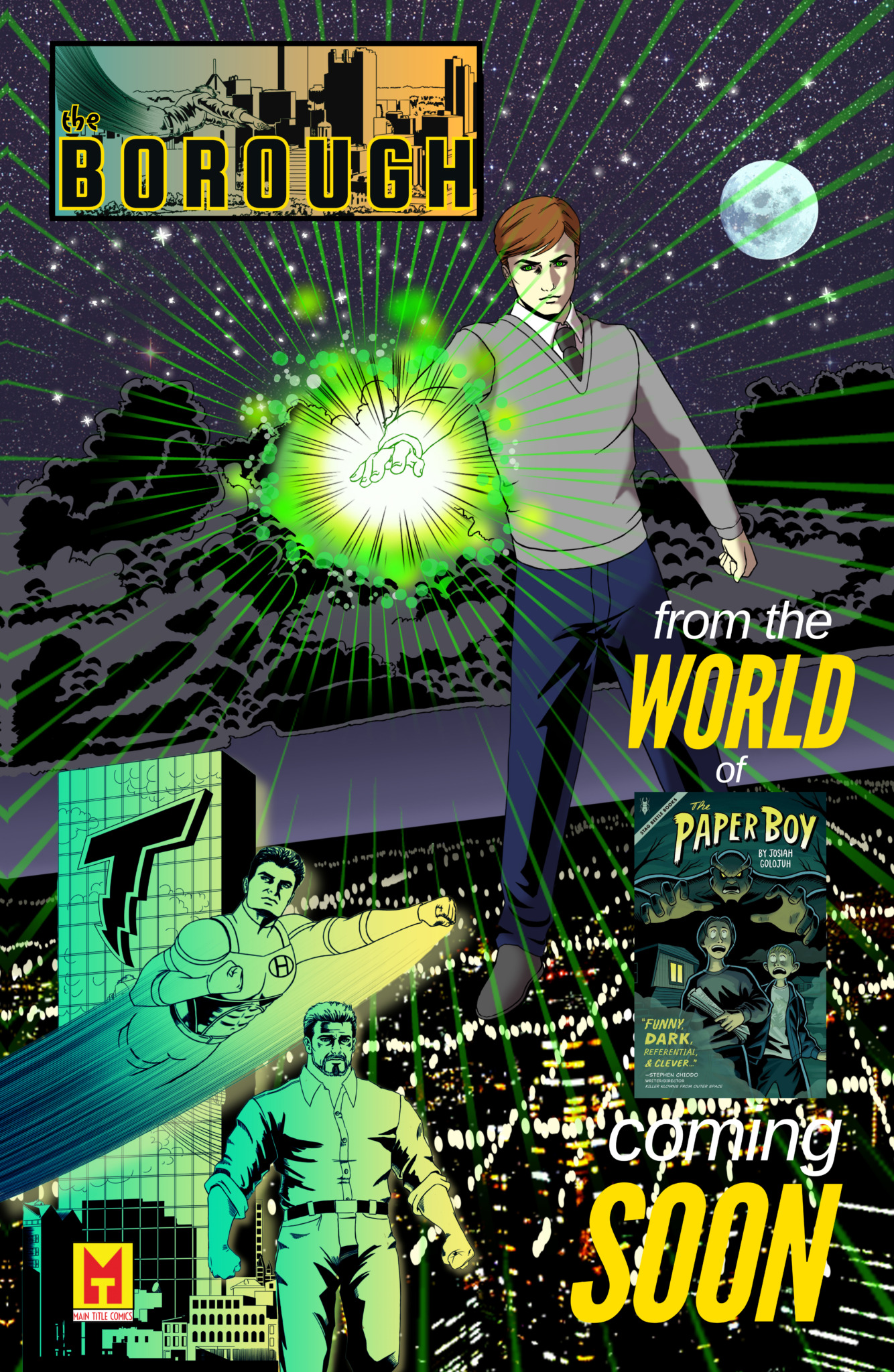
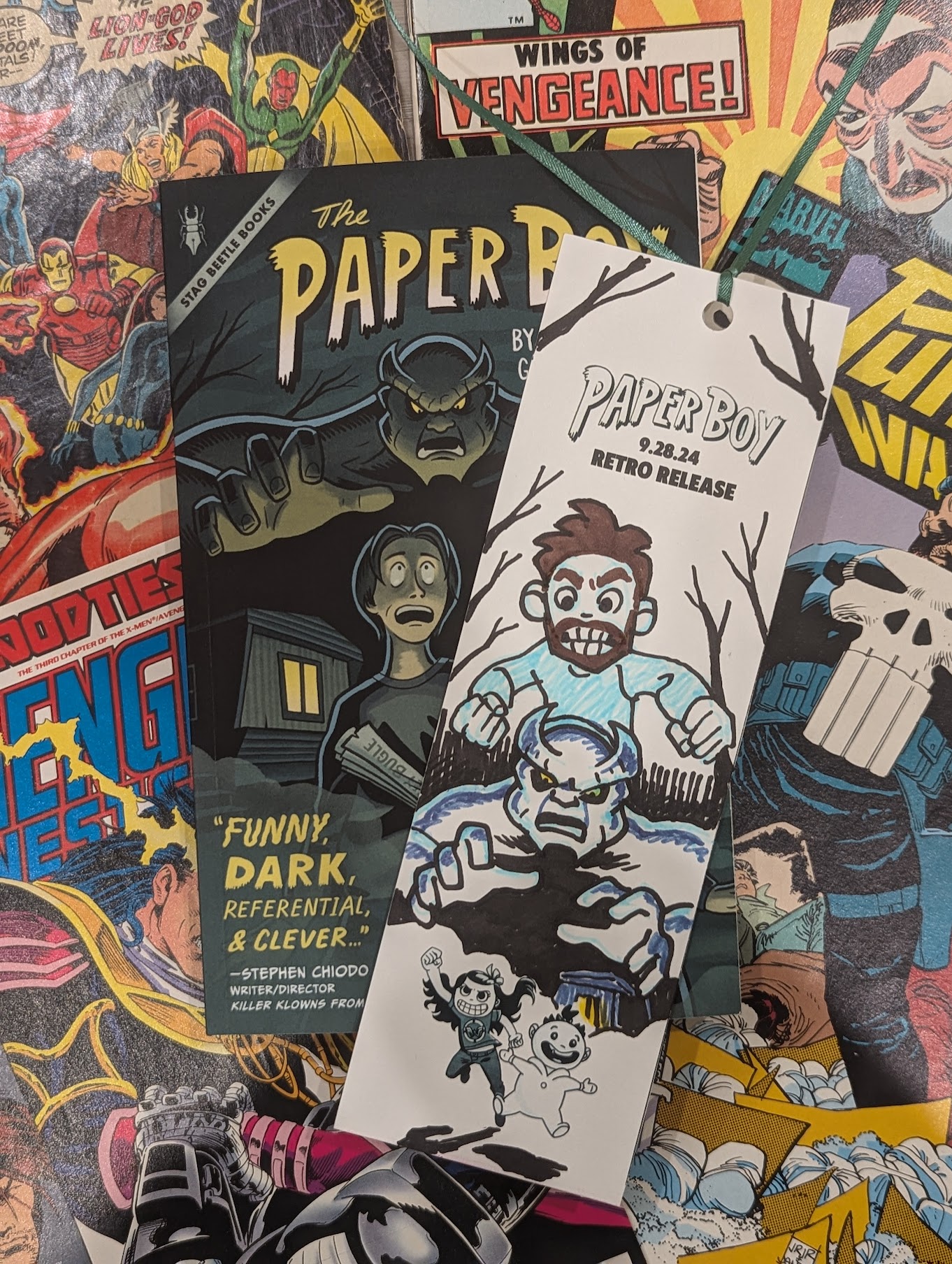
Awesome – so before we get into the rest of our questions, can you briefly introduce yourself to our readers.
I didn’t break into my industry, I was just alway there. I grew up in the woods in Western Pennsylvania, north of the city of Pittsburgh. Years of reading the mightiest Marvel magazines and the most dynamic DC offerings, coupled with history books, cartoons, and every movie I could find, all while traipsing about the thick Western Pennsylvania underbrush, influenced my storytelling. The forest was my playground. However I dreamed of heading to California and chasing my dream of being a storyteller. Years of working in the entertainment industry trenches taught me the nature of making creative content and how to solve problems on the fly. On-set nothing goes as expected and you absolutely must pivot, and pivot again. This has also helped me as a dad. Even as a kid, I made movies, I wrote stories. I sought advice, I constantly learned, as we all should.
During my time at USC I learned from frequent Steven Soderbergh collaborator Coleman Hough (Full Frontal) and S. L. Stebel who worked with Peter Weir on The Picnic at Hanging Rock. These instructors taught me the master craft of storytelling. During this time I also worked with Oscar winning producer Ed Saxon best known for Silence of the Lambs. I asked questions, took notes and added storytelling tools to my toolbox. In Coleman’s class I wrote the earliest version of The Paper Boy, then in screenplay format, now published as a novel. Sadly, Coleman passed away this year and the novel is dedicated to her memory and influence. While in graduate school I also met Ray Bradbury who said, “This man is a genius!” From them I learned to look at a story and find what isn’t working and make if flow, make it work, help it connect with the audience.
I’ve produced voice over for dolls and web animation. I make YouTube videos on pop culture and teach writing. All of these are unified in one thing, they are chances to tell stories. I am a member of the Producers Guild of America, I have worked as a producer on various projects as well as having directed a short film, The Illuminator which will be adapted into a comic book. I launched my own independent comic book company and an associated film festival, Graphation. I led Graphation and acted as the creative director for several years. The film festival ran major events in Pittsburgh, Seattle and Los Angeles, in addition to monthly events at the Hive Gallery in L.A.
My short story “The Corpse Boy,” was published in The Opiate Literary Magazine in 2015. The dark but heartfelt story received critical praise. This story has since been expanded into the novel, The Paper Boy. Young Zombie, my first comic book meta-fiction from the world of The Paper-Boy, went into print in February 2024 and is now available online. I also wrote and directed a feature length documentary about the 90s indie comic character Zen: Intergalactic Ninja. The most comprehensive history of the character ever compiled.
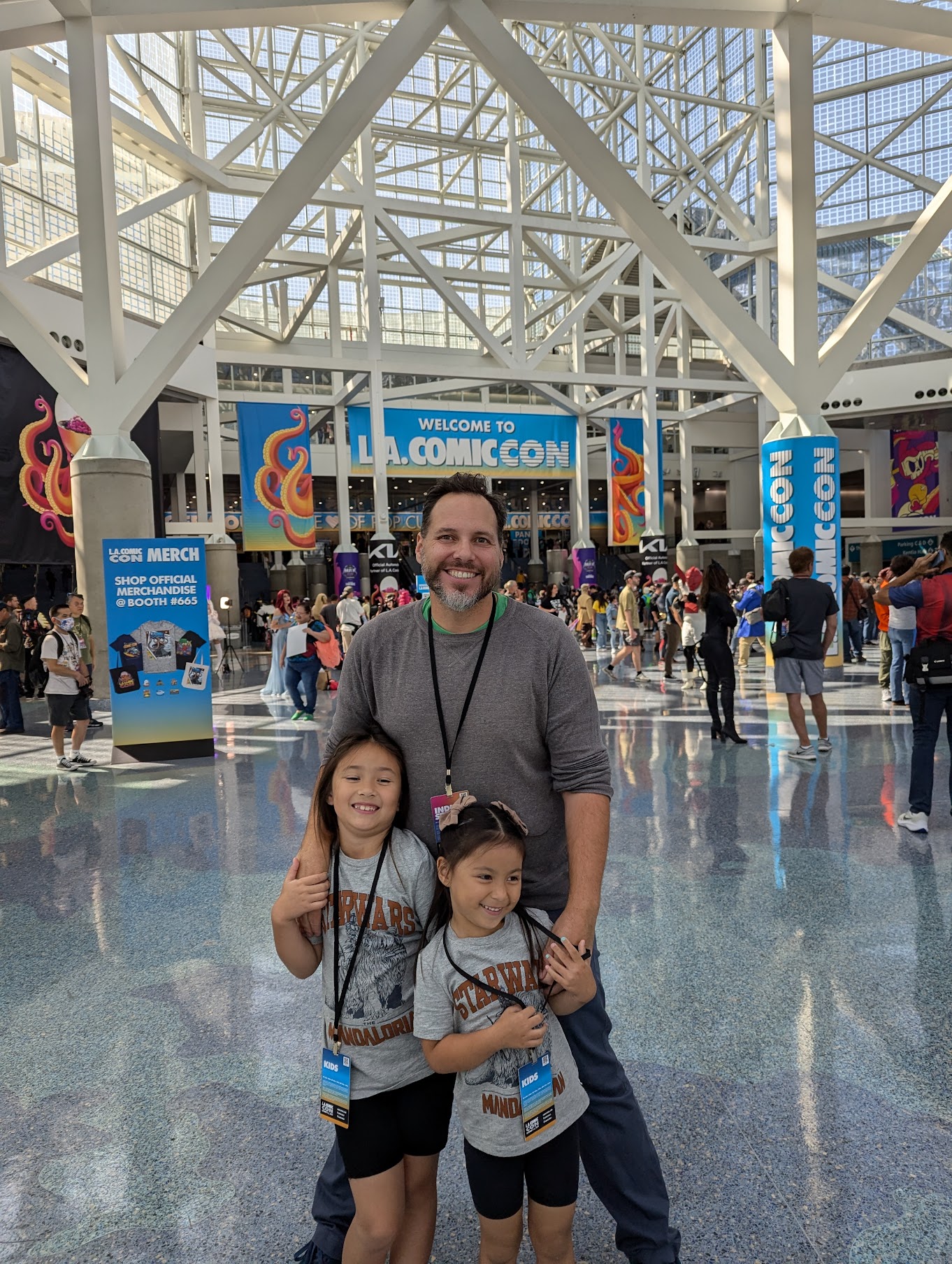
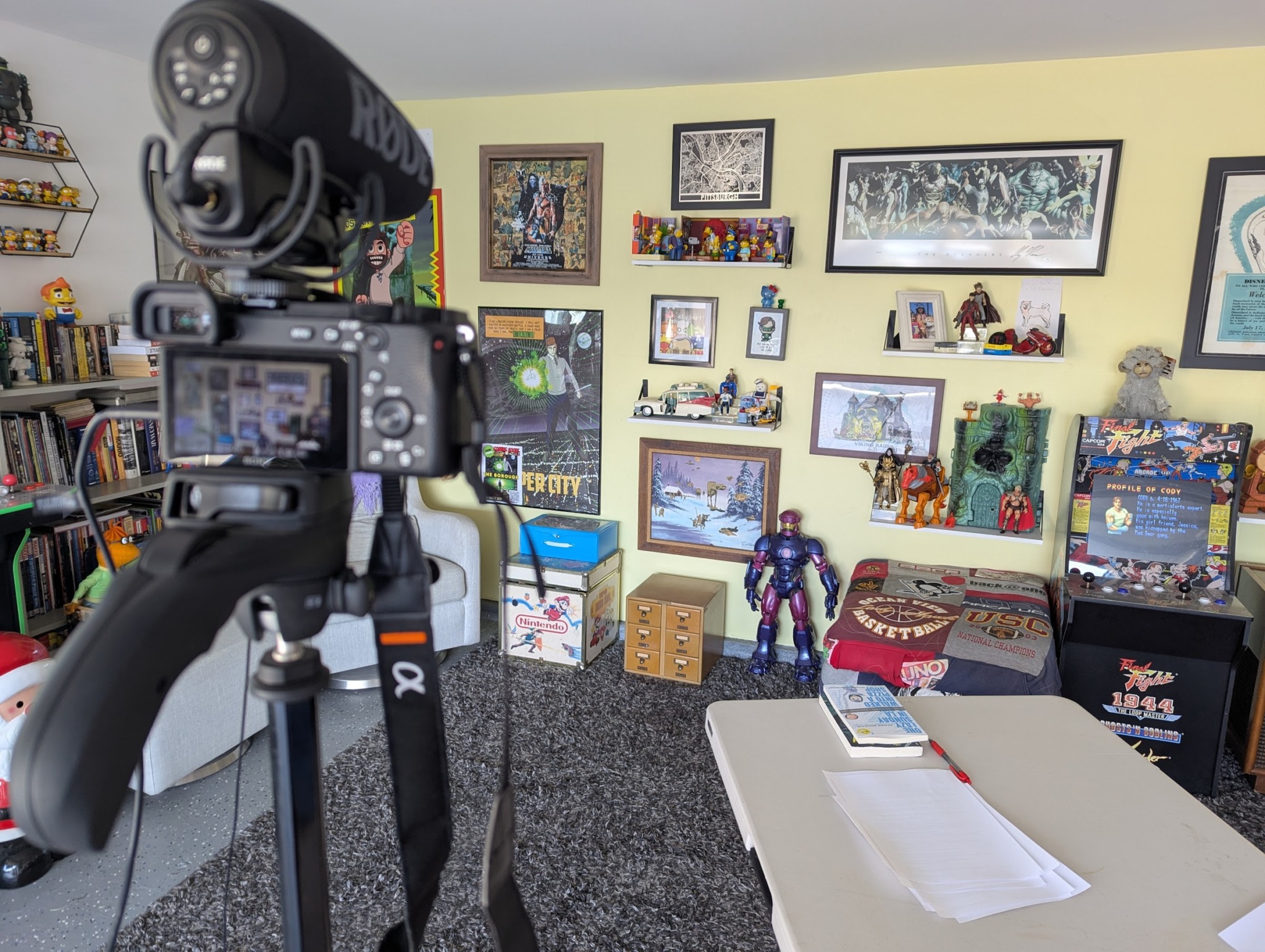
How about pivoting – can you share the story of a time you’ve had to pivot?
For several years I had a film festival and associated comic book company. We had a space at an art gallery in downtown Los Angeles. We held events in L.A., Seattle and Pittsburgh. News outlets including the Pittsburgh Post-Gazette and CNN covered our events. We had pitch meetings with major companies and good faith partnerships with a major comic book publisher. Jim Henson’s daughter, Heather, partnered with us in screening puppet films. I could go on and on. It was awesome. Things were great, until they weren’t. My daughter was about to be born and the money wasn’t working out. My business partner and I didn’t agree on what to do next. I carried a heck of a lot of debt but knew that I needed a major pivot. Prior to this I was not aware of the idea of “the sunk cost fallacy.” I felt if I put more in I’d make it work, however, the key was that disagreement with my business partner. He had one idea, I had another. We couldn’t make it work. I finally said we had to shudder the business. It was hard. I had put all of myself into it. However, I then flipped that investment back into my own writing and was finally able to complete my novel The Paper Boy, something I did while my newborn daughter napped. It was a difficult decision and a hard pivot, but a required one.
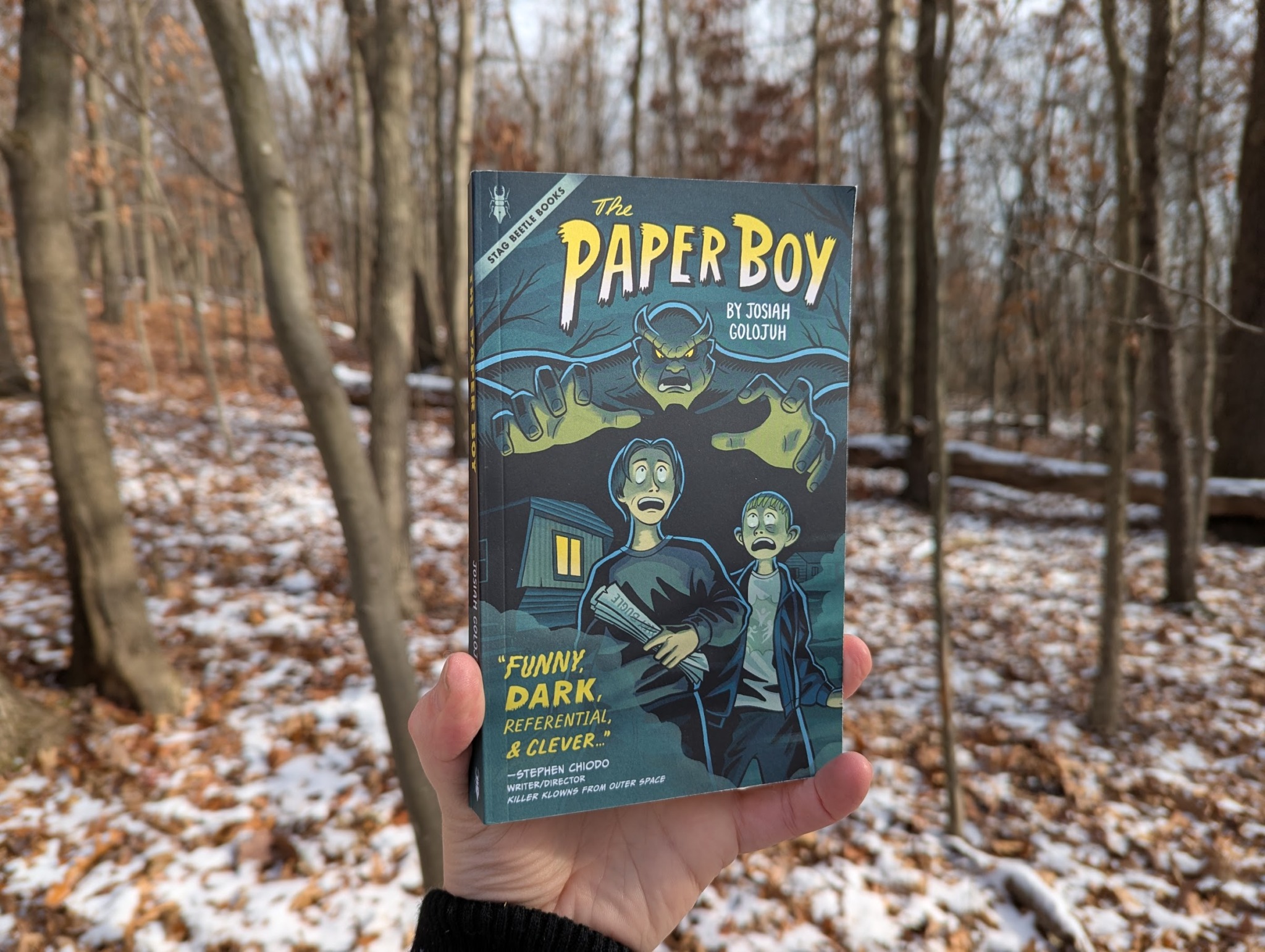
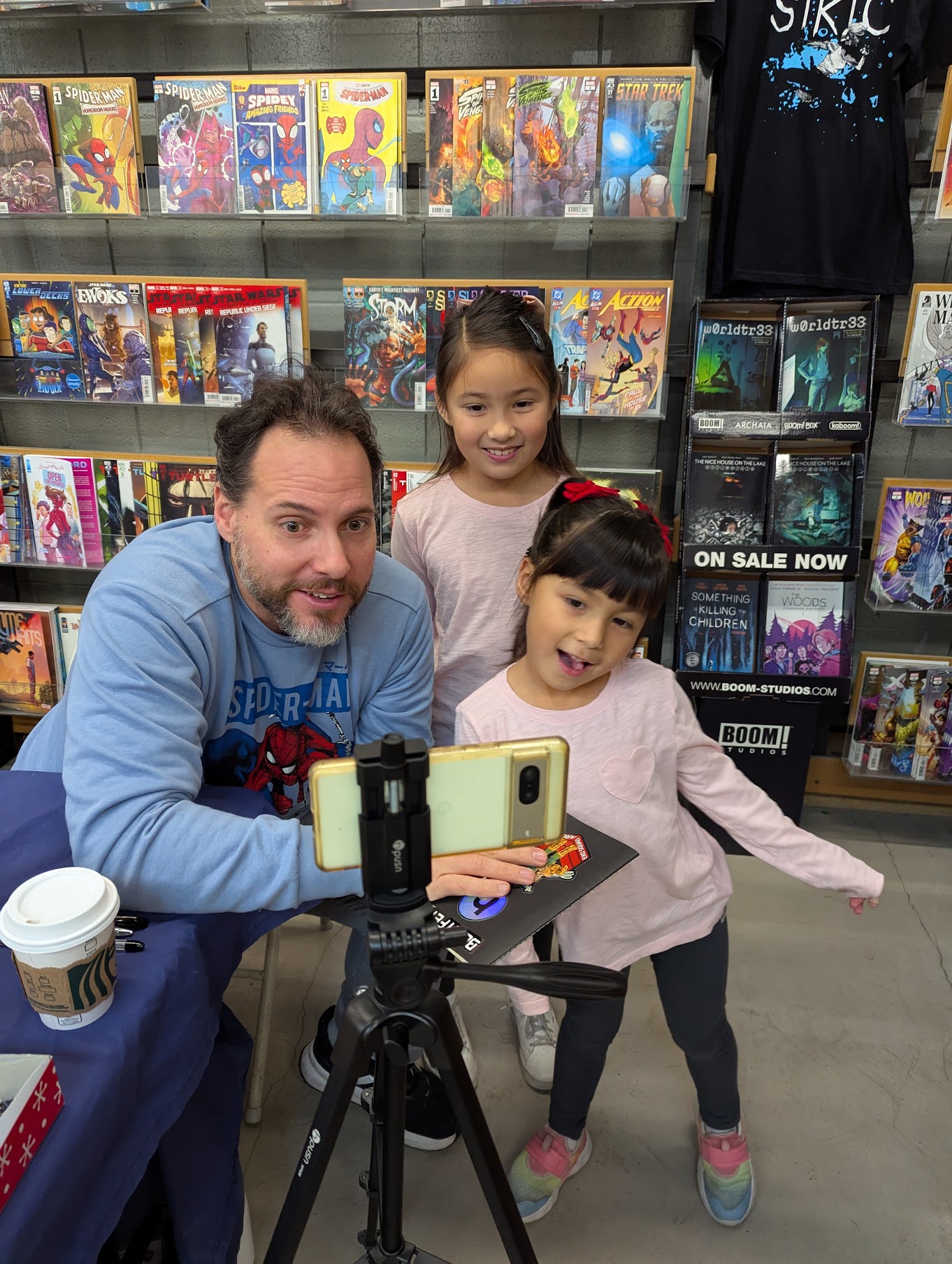
For you, what’s the most rewarding aspect of being a creative?
I recently visited home, West Deer, PA and Deer Lakes Middle School. I was invited to speak to students. Most of the feedback that I’ve received on my book has come from adults as I’m a grown man so logically I hang out with other grown people. However, having written a young adult novel, it’s nice to get feedback from your target audience. I was about 5 minutes late to my scheduled talk because I forgot my wallet, as I needed my ID for check-in. However, there was a strange magic walking into a library full of young readers waiting for me to enter that room. That moment is a representation of the reward of being a creative. I then spoke about my creative journey. I can only imagine myself in their shoes. I was a kid from West Deer. It was cold that day, it was snowing out and I was talking about getting back to California and going to the beach. Really, a joke, I never go to the beach. However, the inspiration was real. They could see themselves writing books and telling stories. I don’t see myself as an inspirational figure much in my life, but every now and again I find myself in a situation such as that where I am inspiring people. I hope that somewhere out there, someone is reading the novel, The Paper Boy, and they are inspired to write as I was when I read The Hobbit as a kid. But last I checked J.R.R. Tolkien didn’t go to my middle school.
Contact Info:
- Website: https://josiahiswrite.square.site/
- Instagram: https://www.instagram.com/josiahiswrite/
- Facebook: https://www.facebook.com/josiahiswrite/
- Linkedin: https://www.linkedin.com/in/josiahgolojuh/
- Twitter: https://x.com/JosiahIsWrite
- Youtube: https://www.youtube.com/@JosiahIsWrite
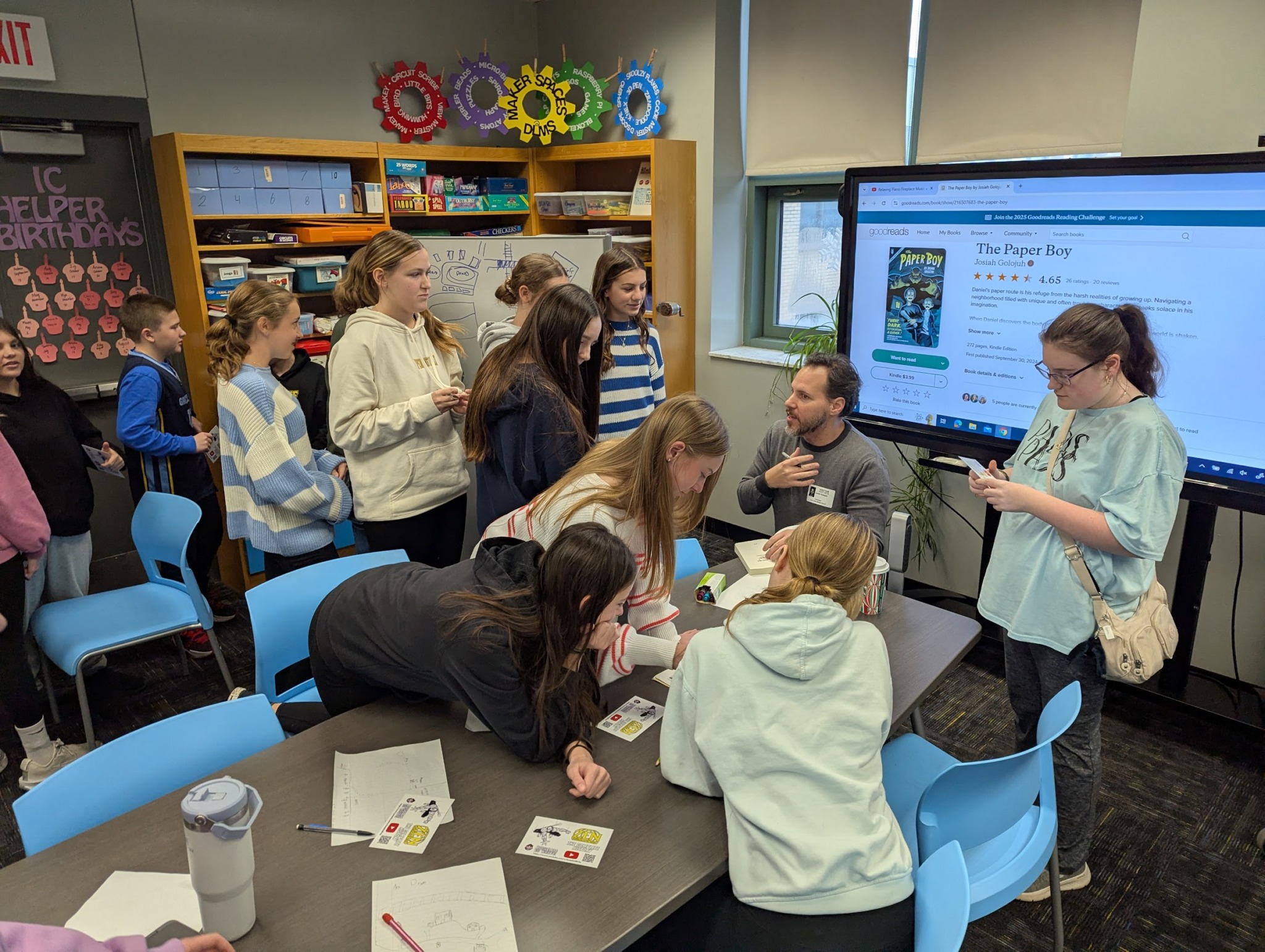
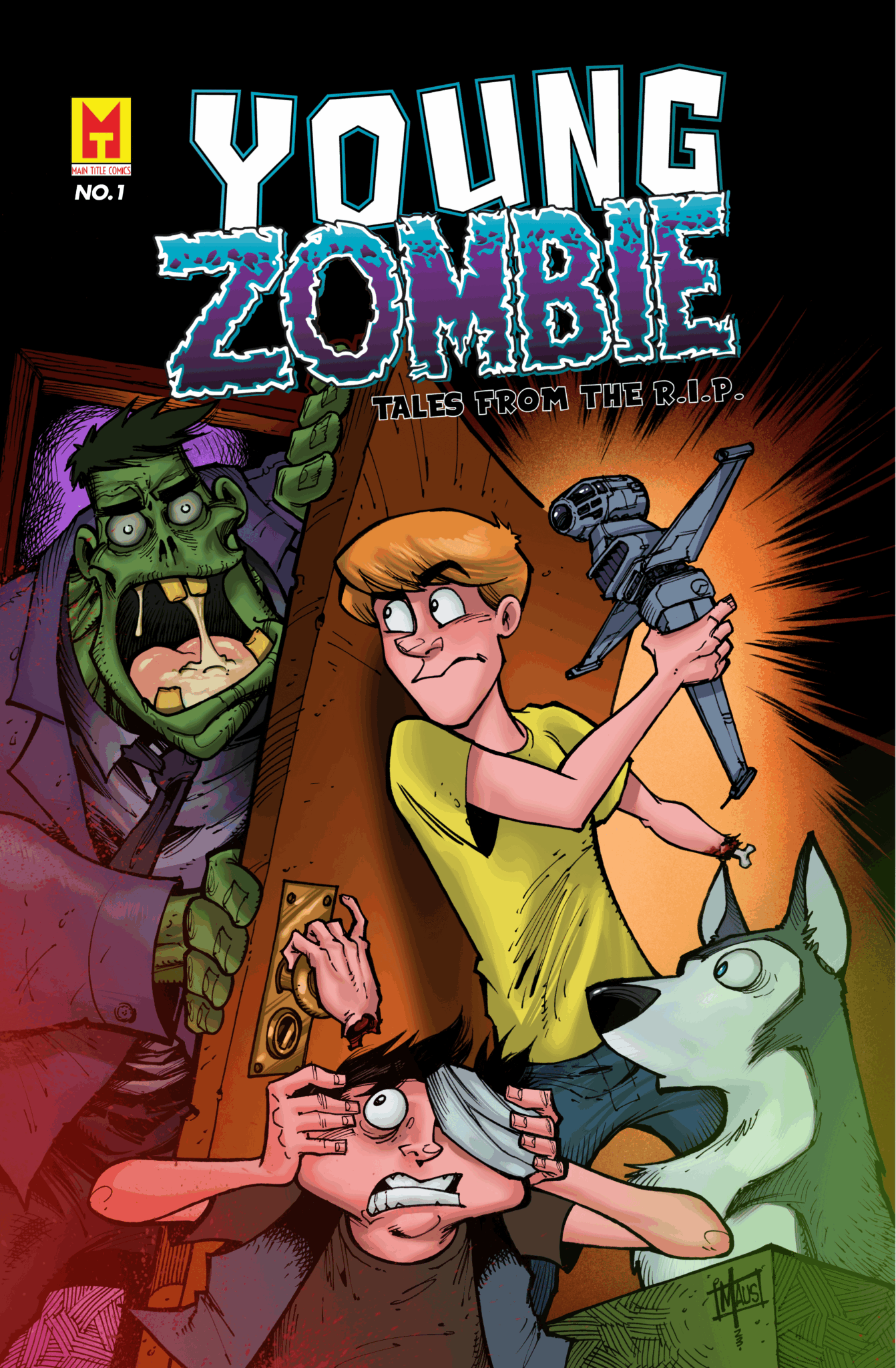
Image Credits
Young Zombie art by Bill Maus
The Borough art by Wolfie Stickel


